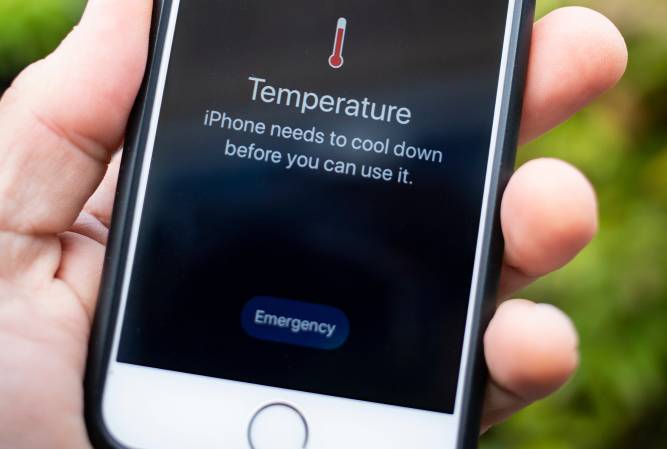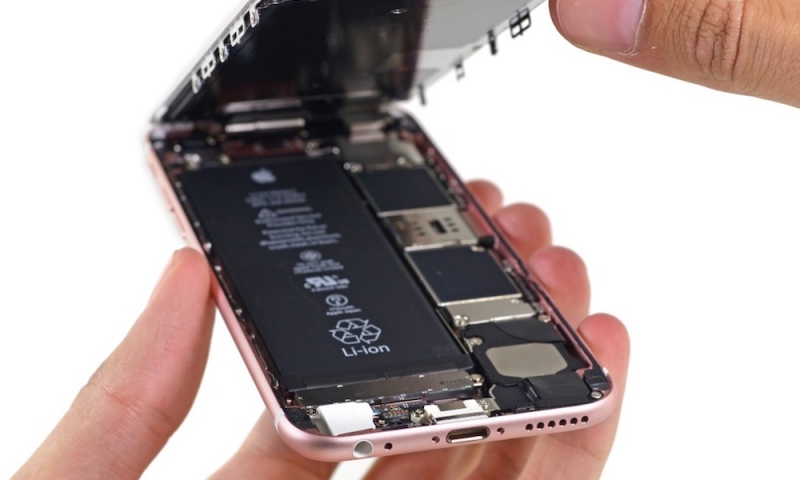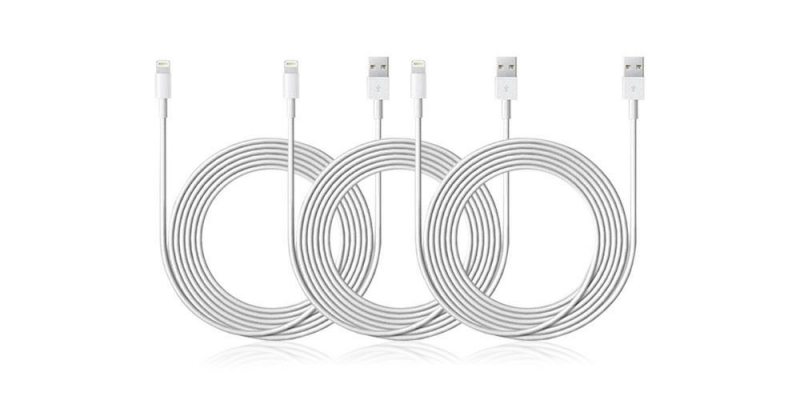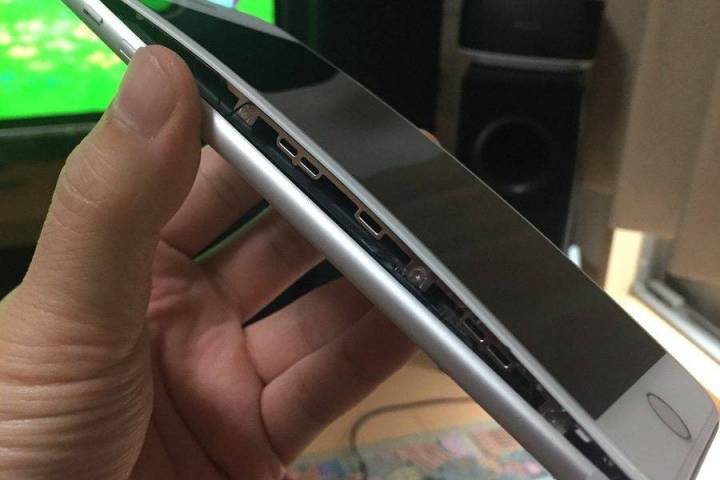7 Ways to Help Prevent Your iPhone’s Battery from Exploding
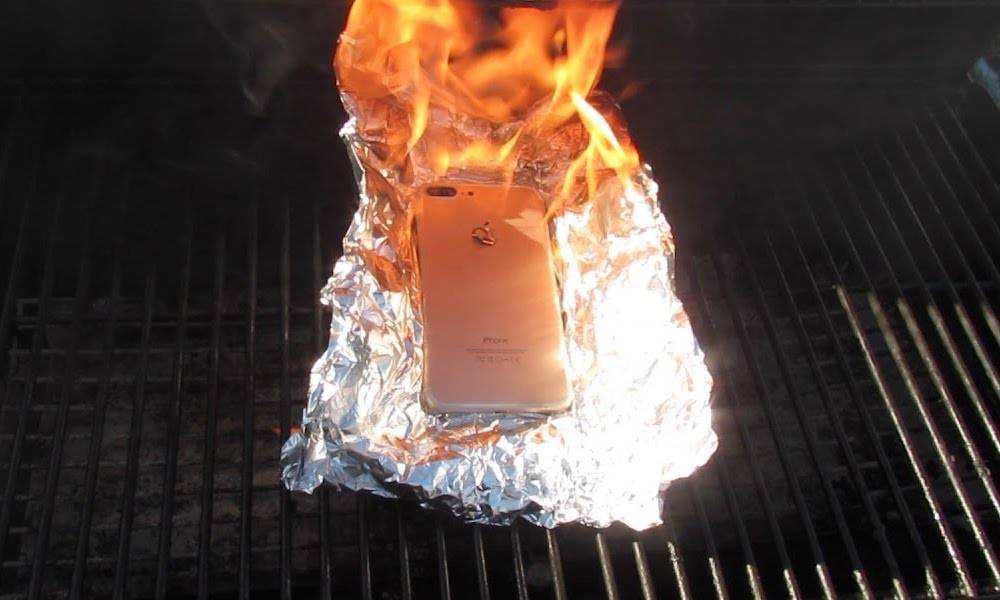 Credit: YouTube / YaBoiiJay
Credit: YouTube / YaBoiiJay
It's not a common occurrence, but all smartphones can explode. In the vast majority of cases, this is due to the lithium-ion batteries that power them.
Lithium-ion batteries aren't exactly new technology, and might even be on the verge of replacement. Because Li-ion batteries use volatile liquids, they can actually pose a threat when used in improper manners. New battery technology will take a solid-state form, and that solid-state form will actually allow the battery to last longer, charge quicker, and will ultimately be much safer. While it's exciting to ponder about the possibilities of new battery tech, we are quite a few years away from seeing solid-state batteries enter mass-adoption. Until then, we must be cautious about the ways we use Li-ion batteries to avoid fiery explosions.
Because those circumstances are pretty specific, battery explosions are fairly easy to guard against. So while the thought of your iPhone spontaneously combusting is undoubtedly pretty scary, there are a few things you can do to significantly reduce the chances of it happening. Use the right arrow to learn 7 Ways to Help Prevent Your iPhone's Battery from Exploding.
7 Try to Keep It out of Direct Sunlight
Even if it’s not a particularly warm day, direct sunlight can cause your iPhone to heat up past the safe threshold. If it gets too hot, you’ll usually get a safety notification on your device. Even you don’t, it’s still smart to keep it in a shady place and refrain from using it while it cools down.
You shouldn’t charge your iPhone when it’s in direct sunlight, either. Depending on the voltage of the charger, it can get dangerously hot. While first-party batteries have mechanisms to combat overheating, you can run into trouble if you’re using a non-genuine battery.
6 Be Mindful of Temperature
It’s not just sunlight that can heat up your phone — certain apps or processes, charging equipment or the environment can contribute too. This is especially true while charging, though we’ll cover some best practices in a different slide.
For example, using higher-powered chargers can heat up your iPhone faster than less powerful ones. If you notice your iPhone getting too hot, stop using or charging it and give it a chance to cool off.
5 Get the Battery Replaced
You should, ideally, aim to replace your smartphone’s battery every few years. While older batteries aren’t just going to automatically explode when they reach a certain age, they do have a higher chance of failing than fresh ones.
It’s just generally smart to get them swapped (as an added bonus, this can boost the performance of your iPhone). That’s especially true if the battery has suffered any kind of damage. But you should not just get your battery replaced anywhere, which brings us to the next slide..
4 Never Trust Third-Party Batteries
It’s extremely important that you only get your battery swapped by Apple or an Apple Authorized Service Provider. They can guarantee that the battery you’re having installed is a genuine, high-quality product that won’t explode down the road.
Saving a buck on a battery swap won’t be worth it if your iPhone spontaneously combusts. Better yet, Apple is currently offering discounted $29 battery replacements through the end of the year. So there’s no better time to replace the battery on your aging iPhone than now.
3 Always Use Certified Charging Gear
Similar to counterfeit or low-quality batteries, you definitely want to stick to first-party or Apple-certified MFi charging accessories. This is particularly important for cables, but it goes for power adapters and wall chargers, as well.
Low-quality counterfeit charging products are cheaper, but they are actually quite dangerous and can cause your device serious harm. Buy charging products directly from Apple, or at least make sure that the company offers MFi (Made for iPhone)-certified gear.
2 Use Smart Charging Practices
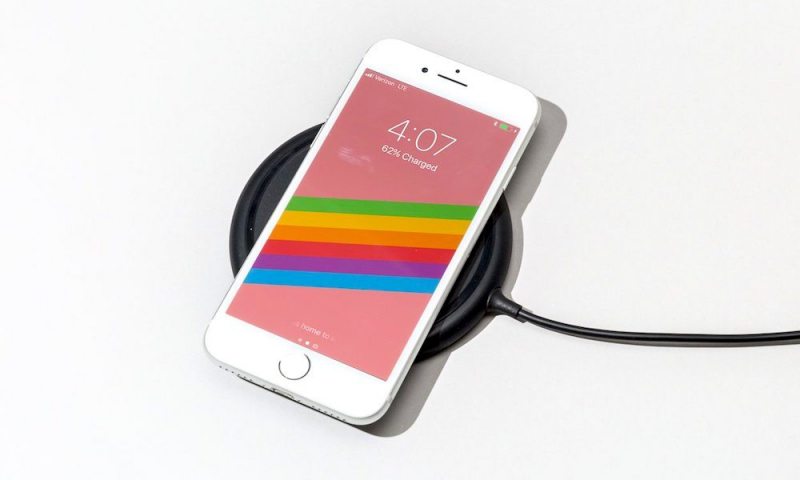
Generally, charging your device is a fairly safe practice if you’re using Apple or Apple-certified chargers. But there are a couple more things you can do to ensure that there aren’t any problems when you’re device is on the charger.
For the most part, these tips are to reduce the chance of overheating — so these go double in the summer.
- Remove external cases when possible.
- Keep the iPhone on a non-fabric surface so it doesn’t get smothered by fabric like a warm blanket.
- Try not to use your iPhone for CPU-intensive activities like gaming while it’s charging.
1 Spot Early Warning Signs
If you notice any swelling or other expansion damage to your iPhone, you should immediately disconnect it from the charger. Keep it in a well-ventilated place away from flammable materials while you seek help.
When the malfunctioning iPhone isn’t an immediate danger, you could contact Apple Support as soon as possible. Get a hold of them through the internet, or call your local Apple Store and ask for further instructions on how to get your iPhone repaired.


